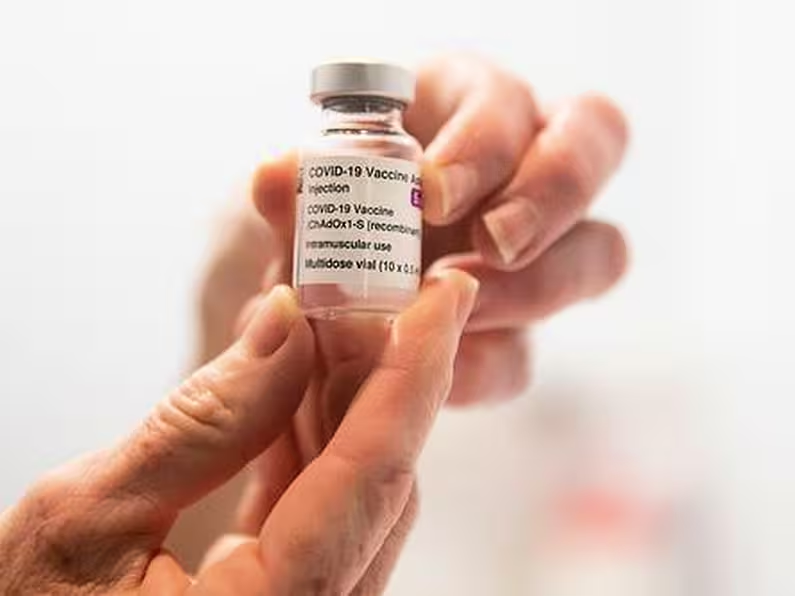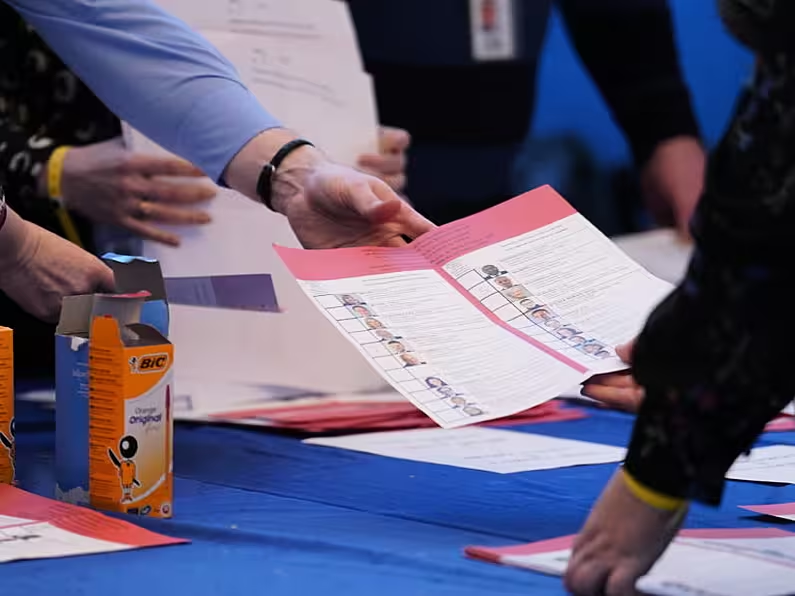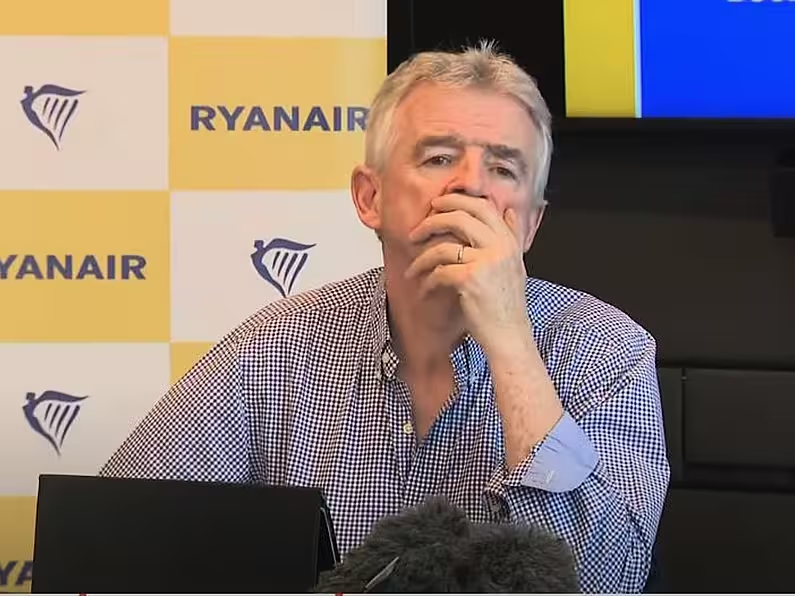James Cox
A public health expert has expressed concerns about the prevalence of the Indian Covid-19 variant in the UK as Ireland prepares to ease restrictions and return to international travel.
There were 72 cases of the variant in the Republic last week, but that figure may well be higher as the HSE cyberattack has had an impact on Covid figures.
Professor Ivan Perry, a public health professor at University College Cork, told breakingnews.ie: “We’re in a situation where we’re talking about opening up and what’s in the UK today is in Ireland tomorrow with travel. Opening up at a time when the reproductive rate is hovering around 1 and 1.1 and as we all know, any time when this is even a small bit above one you’re getting into exponential growth again. We’re still in a situation where no more than a quarter of the population are effectively vaccinated in terms of being two weeks after their second dose.
“There is real concern, we saw it before Christmas with the so-called Kent variant which was more transmissible than the previous one, and now we have this variant first found in India which is even more transmissible than the Kent variant and would appear to be becoming the dominant strain in the UK.”
End in sight
Prof Perry said the “end is in sight” with the vaccination programme and urged people to remain cautious even with the freedoms that are likely to come in the next couple of months.
“I think we should just proceed with huge caution over the next month or two, which again is unfortunate with the summer, but the virus isn’t interested in the season. We would all agree post-Christmas that it just wasn’t worth opening up for those few days with what we went through afterwards. Is it worth rushing through now for what we might go through in July and August if there is a nasty wave of infection in early and younger middle-aged people who are not yet vaccinated?
“The deaths may be down but if enough young people get infected there will be more deaths and that’s before the problems associated with long Covid.
“Vaccines aren’t 100 per cent protective, so we still have to see the vaccination programme as part of the strategy of us getting on top of the virus along with the other public health elements; social distancing, travel quarantine etc should still be key elements of the strategy while we’re still at a relatively early phase of the vaccination programme.
“There’s a mathematical risk relationship between the number of cases and hospitalisations and deaths. Obviously that depends on the age profile, and it’s tremendous that older people in nursing homes are now protected, but it’s the middle-aged and younger people who either haven’t been vaccinated or have been offered vaccination and haven’t taken it up that are at risk.
“If we tolerate high levels of the vaccine circulating, especially with this variant, there’s still vulnerable people in the community who are immuno-compromised who still aren’t protected even if they have been vaccinated, so we’re putting them at risk as well.
Borders
“As we learned last summer, we got the numbers down low, probably much lower than they will be this summer, but then our borders were open, and we receded in terms of the pandemic from people travelling over and back to Europe so from a public health perspective the virus depends on people moving around, it doesn’t travel by itself.”
Prof Perry is a member of the Independent Scientific Advocacy Group (ISAG), who advocate an all-Ireland approach to the pandemic.
He feels this is a missed opportunity in the fight against the virus.
“We had an all-island approach to the foot and mouth outbreak back in the early 2000s, and it really beggars belief that we didn’t do something similar here, we almost found excuses not to do it.
“We are also exposed to the risks that Boris Johnson is taking which many public health officials in the UK regard as reckless and premature.
“It’s almost a no-brainer that we would have considered an all-island strategy, people say there are constitutional and political issues but in reality when you’re talking about people sick, dying and in hospital they won’t be thinking about political or constitutional issues when you get down to it.
Data
“The mantra has been ‘let’s be governed by data, not dates’, but we’re back to dates again because people are understandably looking for certainty and a roadmap, especially when you consider the likes of hospitality and the aviation industry.
“You can understand that. We’re working in a situation where certainty and roadmaps just aren’t available, we have to be nimble and react week to week with what’s actually in front of us.”
Prof Perry also highlighted the need for a global approach to vaccination, pointing out that just 0.2 per cent of the population in developing countries have been vaccinated.
“In some case you have countries where no frontline healthcare workers have even been vaccinated,” he said.
Waivers
“Given that we have the capacity to produce vaccines for the needs of everyone, given that some countries such as the US and the UK have ordered three or four doses of vaccine per head of their populations, yet those vaccines are not being shared, one almost shouldn’t have to say this, but we should share whatever capacity we have, and we should have a temporary waiver of patents.
“People say in the developing world they haven’t the capacity to produce vaccines even if a patent is waived, that is simply not true and there are many countries, even the poorest ones, that would have the capacity if the lead patents and ancillary patents linked to raw materials they would need if they were waived that would have a huge impact on vaccine production worldwide.”













